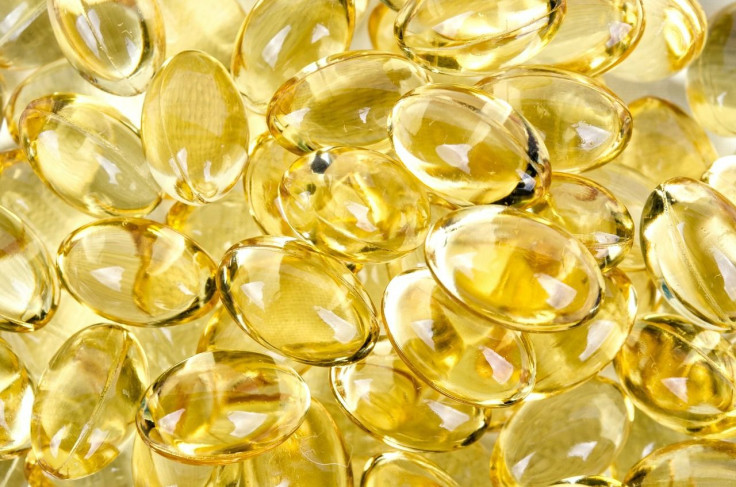Vitamin D Deficiency Linked To Spread Of Breast Cancer; What It Means For Prevention

Vitamin D-deficient mice with breast cancer are more likely to experience a spread in tumor growth compared to mice who have enough of the vitamin, a new study out of Stanford University School of Medicine finds. The study suggests that maintaining vitamin D levels could act as a protective factor against cancer, a notion that has been investigated in past research.
The researchers linked vitamin D levels to the ID1 gene, which at high levels of expression is associated with breast cancer tumor growth. Past studies have shown that vitamin D is linked to inhibiting the expression of this gene, and that low vitamin D levels have been associated with more aggressive tumors.
In the study, the researchers gathered mice with breast cancer into two groups: The first group was given a diet lacking vitamin D for 10 weeks, and the other was given a normal diet with adequate vitamin D. The mice who consumed a diet without vitamin D ended up developing tumors seven days sooner than the other group, and they also ended up growing larger tumors. To examine how this was happening, the researchers focused on ID1, which was expressed more in tumor cells when vitamin D was lacking in the diet.
This study isn’t the first to analyze vitamin D’s link to cancer. Adequate levels of vitamin D have been shown to lower the risk of breast, prostate, and colon cancers. But varying results among studies have made scientists cautious of touting the benefits of vitamin supplements, as they still technically haven’t been proven to work consistently.
There are plenty of contradicting opinions and studies on the efficacy of vitamin D supplements when it comes to treating or preventing health problems, and the current study’s researchers are aware of them. They note that taking vitamin D supplements often does more harm than good, especially if the person already has enough vitamin D. It’s tough to determine how much a person needs, because sun exposure changes throughout the year, and everyone absorbs the vitamin from the sun's UV rays differently based on where they live and their skin color. Too much vitamin D has been linked to kidney, heart, and other organ damage. This is perhaps why most researchers and the National Cancer Institute can agree that the evidence behind vitamin D’s link to cancer prevention is “inconclusive.”
Regardless, it can’t hurt to make sure you get a few minutes of sun every day, and take vitamin supplements if your doctor deems them safe for you. Take steps to improve your vitamin D intake only if you've been diagnosed with a deficiency.
“Although much more research needs to be done, research from our lab and others suggests that people at risk for breast cancer should know their vitamin D levels and take steps to correct any deficiencies,” Dr. Brian Feldman, assistant professor of pediatrics at Stanford University, said in the press release.
Source: Feldman B, et al. Endocrinology, 2016.
Published by Medicaldaily.com



























